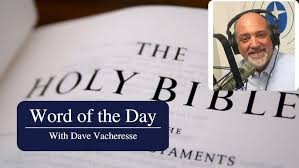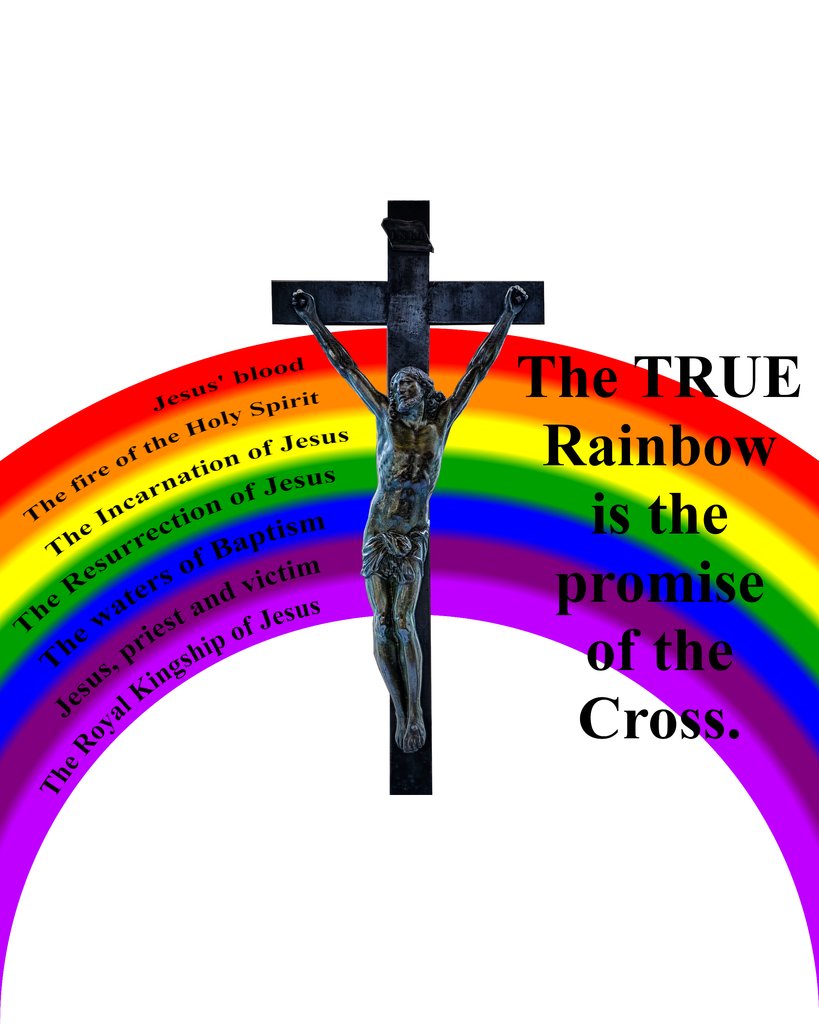Obama: “The Second Catholic President?”
Look. I understand the need to sell magazines or get hits on the blog. Sometimes you’ve got to be edgy. You want to get noticed. But there’s a difference between pushing the envelope and just plain old crying for attention.
Commonweal’s David Gibson has crossed that line.
Today, Gibson wrote a piece called…wait…are you ready for it… “Barack Obama: The Second Catholic president?”
Now, mind you Gibson puts the question mark in there so you can’t say he said it. But his question mark leads one to believe it’s an open question.
He writes approving but adds as a comment:
I think a stronger argument for Obama’s “Catholic sensibility” (and I wasn’t setting that out too literally, more the way Bill Clinton was the first African-American president) is his communitarian worldview, combined with a stress on personal responsibility. Interesting, as far as it goes.
Personal responsibility from the man who said this?:
Is that the kind of personal responsibility Gibson meant?
Mostly what Gibson did was quote a piece at a site called “The Immanent Frame.” Now, mind you, Gibson doesn’t come out and say the original author is absolutely right. He just passes it on uncritically but places it in a favorable light.
This isn’t Catholic commentary. It’s a cry for help. David Gibson wants to be noticed. So CMR asks you to go please notice David Gibson before he writes again.
Gibson writes that Obama deployed “a narrative style that both fits with, and gives lived experience, to the theological argument that universal moral principles are a society’s foundation and anchor.”
Yeah, like that universal moral principle of “Thou Shall Not Kill.”
At the Immanent Frame, the sociologist of religion Michelle Dillon (author of a very good book, Catholic Identity: Balancing Reason, Faith and Power) sees a “Catholic sensibility” in Obama’s commencement address at Notre Dame:
“I am not thinking of Obama’s references to the “imperfections of man” and to “original sin,” or to the invocation of “God’s creation”–though these religious references are important. More striking was how Obama, a non-Catholic, showed his ability to think and to talk like a Catholic. He empathically did this by vividly using in his address very particular experiences as grounds legitimating the validity of universal claims. During his speech, Obama exemplified the translation that necessarily occurs in everyday lived experience between universal principles of morality and the particularistic ways in which those principles get worked out on the ground by (imperfect) human beings. This he accomplished not by abstract talk about lofty principles but by the stories he told…”
Those stories would be the references to Father Hesburgh and Cardinal Bernardin. As intriguing as anything was Dillon’s, outro, in which she says that “Obama has put religion back in civil religion, and has achieved this not by simply invoking religious words in public setting (”God bless America”), but by deploying a narrative style that both fits with, and gives lived experience, to the theological argument that universal moral principles are a society’s foundation and anchor.”
Now I could write a few more things in response but Thomas Farr and Rick Garnett responded at the original site.
Farr wrote:
It is, I think, disingenuous (and a sign of moral confusion) to argue that the President “showed his ability to think and to talk like a Catholic” by employing “particular experiences as grounds legitimating the validity of universal claims.” The universal claim most on display at Notre Dame was the Catholic Church’s teaching that all human beings are equal under the law, that protecting human rights for the least powerful is a requirement of both faith and reason, and that it is wrong, always and everywhere, to take innocent human life. There is no “particular experience” that can alter this teaching, which is, for Catholics, not optional. They can disagree over how to alleviate poverty and whether, or how, to prosecute a war. But not this. At Notre Dame Obama thought like Obama, not like a Catholic.
Garnett wrote:
With respect to the President’s invocation of Cardinal Bernadin, it strikes me as important to remember that, for the latter, the “consistent ethic” idea was never intended to minimize the importance of the abortion question or to excuse opposition to legal protections for unborn children. He said, for example, in 1988, “I don’t see how you can subscribe to the consistent ethic and then vote for someone who feels that abortion is a ‘basic right’ of the individual.” And, in the same interview, he noted that “some people on the left, if I may use that label, have used the consistent ethic to give the impression that the abortion issue is not all that important anymore, that you should be against abortion in a general way but that there are more important issues, so don’t hold anybody’s feet to the fire just on abortion. That’s a misuse of the consistent ethic, and I deplore it.”
The “consistent ethic” is a call to do *better* than contemporary politicians tend to do; it is not an excuse for doing worse than they should.







